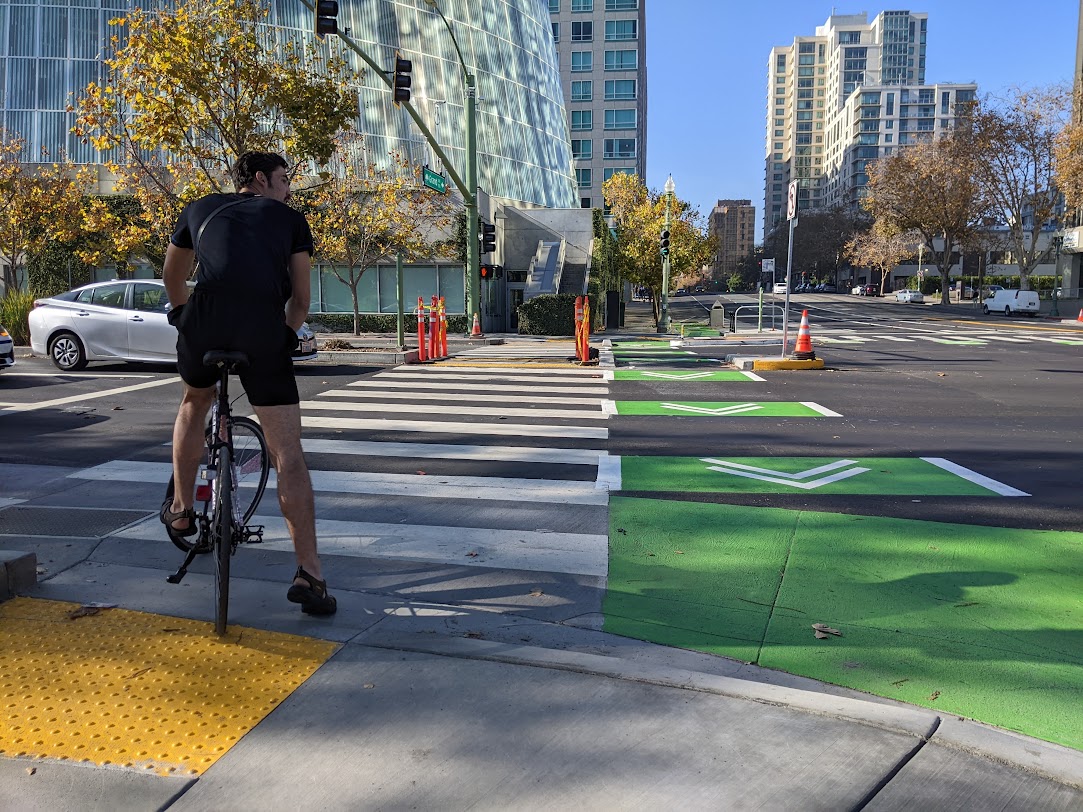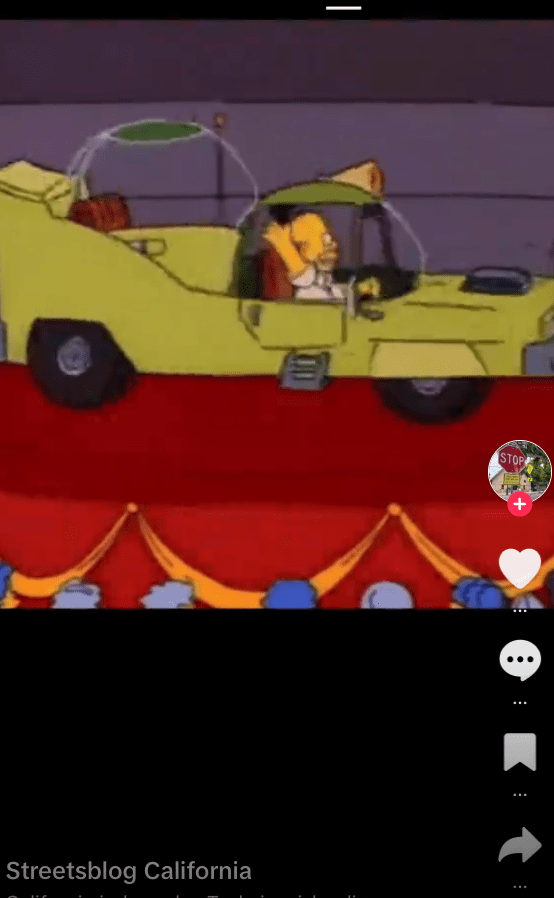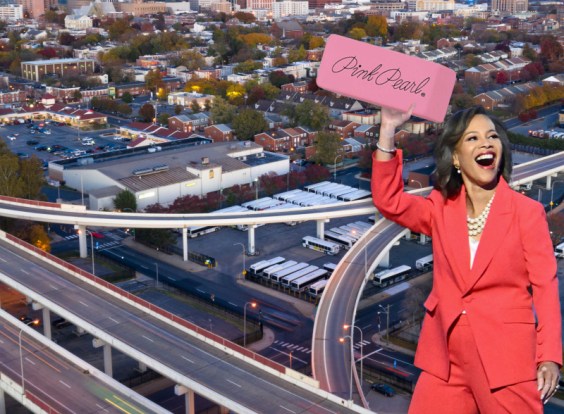An often-remarked-upon phenomenon in the transit world is the preference, perceived or otherwise, for rail over buses. But this tendency has not been well understood.
A pair of recent European case studies delved into this issue, and their findings help illuminate the psychology behind what many have observed. In the first study, set in Germany, 63 percent of subjects preferred a regional train system over an equivalent bus system, given a hypothetical choice with all other factors being equal. Meanwhile, in a second study set in Switzerland, 75 percent preferred trams to buses -- even given identical service levels.
Of note, researchers found preferences for rail travel were "rather irrational" and "highly loaded with emotional and social attributions." The largest factor explaining the favoritism was "emotional attributes," like nostalgia, accounting for 38 percent of the bias in Germans. Meanwhile, concrete factors like differences in seat structure or the merits of a fixed guideway accounted for only five percent each.
Even very high-quality bus systems were not immune from the emotional effect, the report noted, but the researchers pointed out that negative perceptions faded as familiarity with better bus systems increased.
According to the report, almost all daily transit users preferred train travel. Younger people showed a particularly strong preference for rail. And the preference for train travel increased with education, but not income.
Researchers cautioned that because modal preferences are so profoundly influenced by cultural and emotional factors, the findings may not be generalizable to other cites or countries.
Jarrett Walker, a transit consultant and author of the blog Human Transit, told Streetsblog that decision-makers should not interpret the results to mean rail is necessarily preferable in every case from a public investment standpoint. Because of rail's higher cost and limited flexibility, there are always tradeoffs, he said.
"Yes, people like rail, but do they like a small rail network more than like a large bus network?" he said.
Walker said he advises his clients to make the bus experience as much like the rail experience as possible, in terms of connectivity, signage and even interior upholstery. The more comfortable and useful a bus system becomes, the more the preference for rail disappears, he said.
Walker pointed out that the German study found that there are a percentage of people who reported they would prefer buses to trains. Their most cited reason? Routing -- i.e. the ability to get where they need to go.
Thanks to Reconnecting America for bringing this study to our attention.





